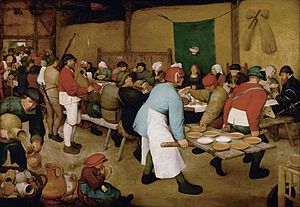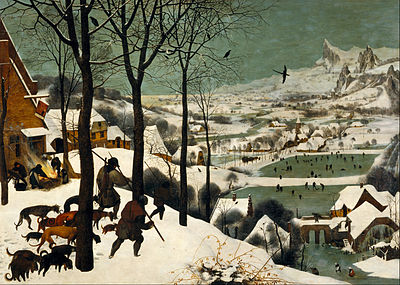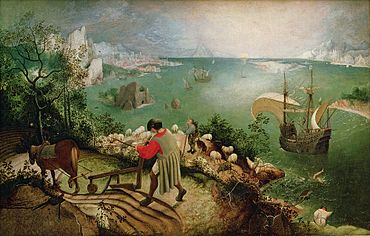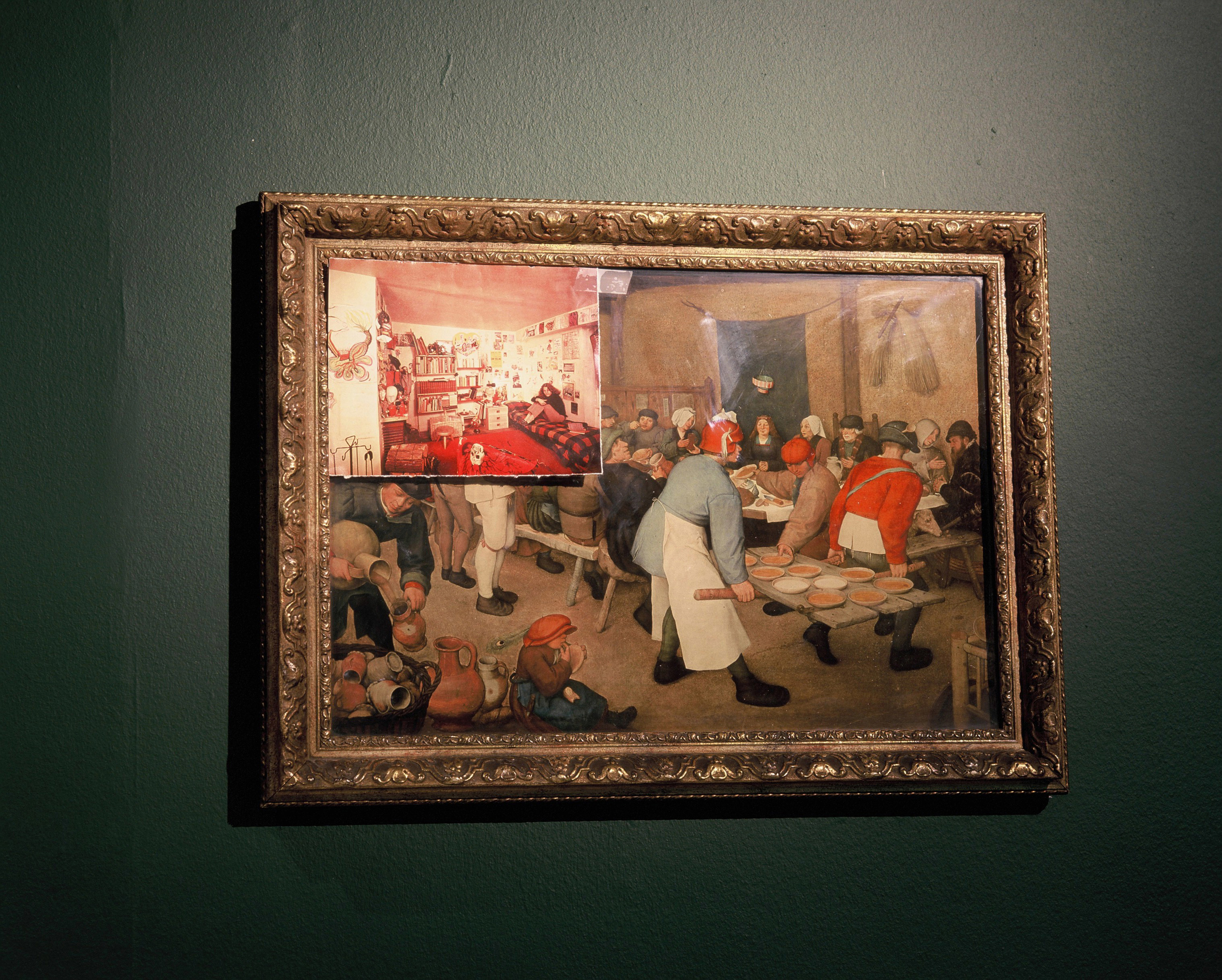Pieter Bruegel, a low level obsession continues
I’ve long used Bruegel in my work and been fascinated by the uses others make of his imagery. Tarkovsky as a way to search for a memory of humanity (Solaris, 1972), Von Trier as a pessimistic nod to Tarkovsky (Melancholia, 2011) and Roeg more simply to connect Rip Torn to Our David while their characters have yet to meet (The Man Who Fell to Earth, 1976). I’ve used Bruegel’s The Peasant Wedding (1567) to stand for the possibility of collective memory or a yearning for human contact in shows such as Coco (2004) and They Are the We of Me (2005), and I’m now half-inching Tarkovsky’s examination of The Hunters in the Snow (1565) for Vicki and Alex, Like the Clouds (2014). But can anything beat Auden or Carlos Williams on this subject?





Musee des Beaux Arts
W. H. Auden
About suffering they were never wrong,
The old Masters: how well they understood
Its human position: how it takes place
While someone else is eating or opening a window or just walking dully along;
How, when the aged are reverently, passionately waiting
For the miraculous birth, there always must be
Children who did not specially want it to happen, skating
On a pond at the edge of the wood:
They never forgot
That even the dreadful martyrdom must run its course
Anyhow in a corner, some untidy spot
Where the dogs go on with their doggy life and the torturer’s horse
Scratches its innocent behind on a tree.
In Breughel’s Icarus, for instance: how everything turns away
Quite leisurely from the disaster; the ploughman may
Have heard the splash, the forsaken cry,
But for him it was not an important failure; the sun shone
As it had to on the white legs disappearing into the green
Water, and the expensive delicate ship that must have seen
Something amazing, a boy falling out of the sky,
Had somewhere to get to and sailed calmly on.
Copyright © 1976 by Edward Mendelson, William Meredith and Monroe K. Spears, Executors of the Estate of W. H. Auden.
Landscape with the Fall of Icarus
William Carlos Williams
According to Brueghel
when Icarus fell
it was spring
a farmer was ploughing
his field
the whole pageantry
of the year was
awake tingling
near
the edge of the sea
concerned
with itself
sweating in the sun
that melted
the wings’ wax
unsignificantly
off the coast
there was
a splash quite unnoticed
this was
Icarus drowning
From Collected Poems: 1939-1962, Volume II by William Carlos Williams, published by New Directions Publishing Corp.